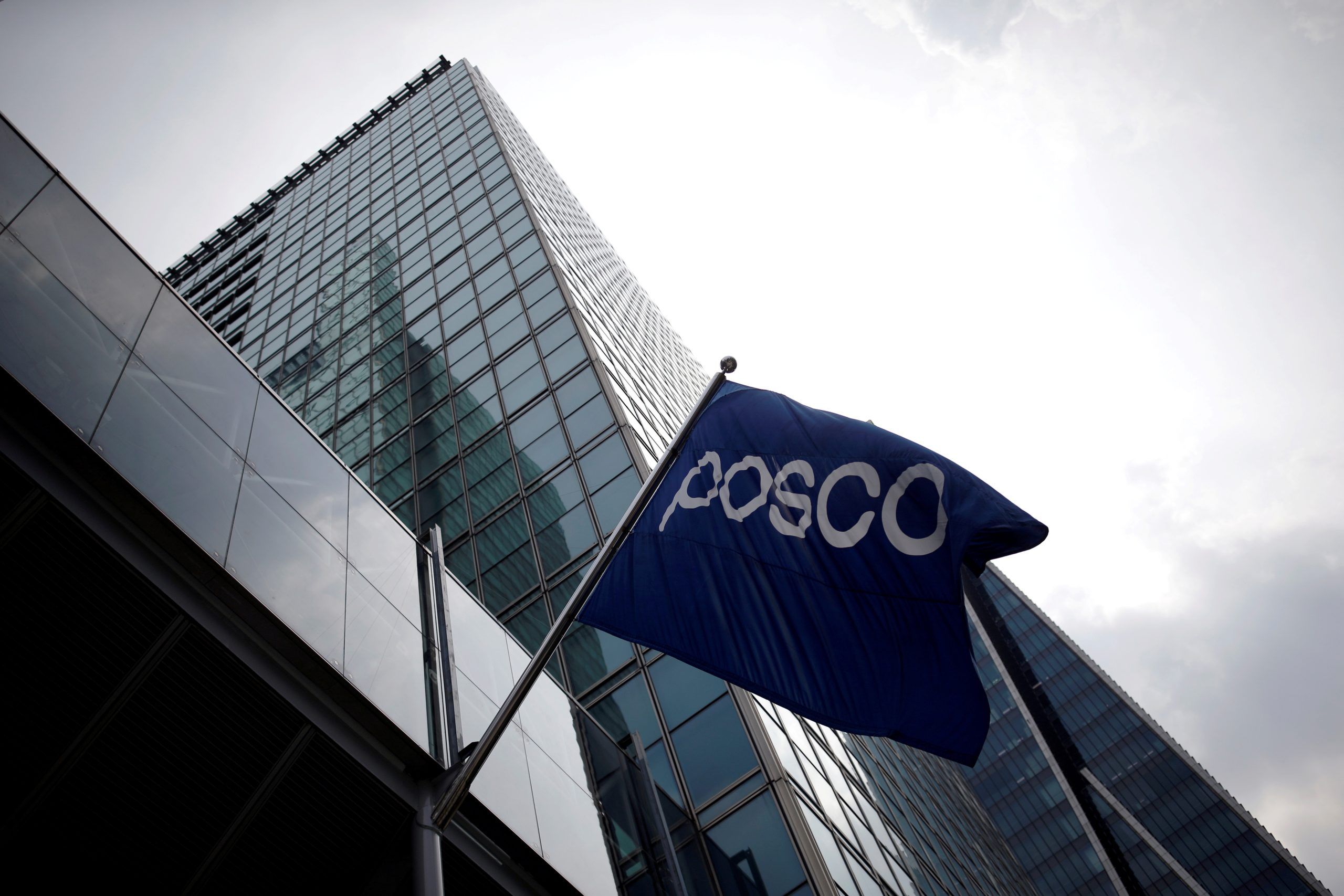
POSCO, the world’s seventh-largest steelmaker, is set to revolutionise the steel industry by significantly reducing its emissions by using hydrogen instead of fossil fuels. The South Korean company has unveiled a pilot facility that produces steel using only hydrogen, in a process known as hydrogen-reduced steelmaking (HyREX).
The HyREX project can dramatically reduce carbon emissions, emitting just 400 kilograms of carbon per ton, compared to the much higher emissions from the traditional process using coal and natural gas. The pilot facility, which produces up to 24 tonnes of cast iron per day, marks a crucial step towards carbon neutrality for POSCO.
Bae Jin-Chan, senior vice president of POSCO and head of the HyREX project, said: “Carbon neutrality is not a barrier, but an opportunity for the steel sector.” Bae also highlighted that HyREX could become “the new No. 1 national economic treasure” and change the history of steel dating back 3,000 years.
The steel industry is one of the main emitters of carbon dioxide due to the chemical reaction between fossil fuels and iron ore. Hydrogen is presented as the only viable alternative to reduce these emissions, since it only generates water as a by-product.
On April 15, POSCO successfully produced cast iron at the HyREX pilot facility at its Pohang steelworks. Although the initial steel did not fully meet the expected quality standards, POSCO considers this achievement a positive step, achieving more than 90% of the original plan. The facility is currently undergoing repairs to improve quality and develop additional technologies.
The HyREX process differs from the conventional method by using hydrogen for the reduction reaction in a reduction furnace and electricity for the fusion reaction in an electric furnace, rather than a blast furnace that uses coal. This allows a significant reduction in carbon dioxide emissions. POSCO is the only steel company in the world that integrates four reduction furnaces and electric melting furnaces.
POSCO has ambitious plans to expand this technology. The company plans to start construction of a large-scale hydrogen reduction steel mill with a production capacity of 36 tons per hour in the first quarter of next year, with the goal of completing it in 2027 and commercializing it in 2030. By 2040, POSCO It expects to produce 2.5 million tonnes of steel using only hydrogen, and all its products by 2050.
However, cost and power supply are key challenges. Hydrogen reduction steelmaking costs are currently more than 30% higher than conventional production. To reduce these costs, POSCO seeks to innovate in its processes and take advantage of economies of scale, in addition to reducing hydrogen production costs with new technologies and renewable energies.
Electricity demand is also a concern. This is expected to increase significantly if POSCO uses electric furnaces for hydrogen-reduced steel production at its Pohang and Gwangyang steelworks. The company plans to work with the government to factor this demand into the country’s electricity supply plan, as it is an issue it cannot solve on its own.
An industry source emphasized the need for government support: “The government has to actively support the private sector on carbon emissions issues, as it is not a single company’s problem, but global trade.”
With these efforts, POSCO is positioning itself as a leader in the transition toward a more sustainable and environmentally friendly steel industry.
Source: https://reporteasia.com/negocios/2024/06/29/posco-avanza-en-la-fabricacion-de-acero-sin-emisiones-de-carbono-con-hidrogeno/

